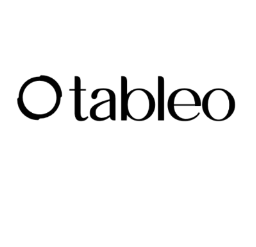| Product | |||
|---|---|---|---|
| Review & Ratings |
No reviews available |
No reviews available |
|
| Description |
Our products offer the perfect solution for almost all the needs of local service providers and help them achieve their goals. From online booking to customer management, marketing, online presence, even a cloud-based payment solution. With Shore they are prepared for digitalization. Our cloud-based software helps you manage appointments, manage customers and take your marketing to the next level. |
Tableo is an advanced reservations software that simplifies the process of managing bookings, reservations, and customer interactions for hospitality businesses, including restaurants, hotels, and event venues. With its intuitive interface and powerful functionality, Tableo enables businesses to accept reservations online, track availability in real-time, and manage seating arrangements with ease.... Read more about Tableo |
|
| Free Trial |
14 Days
|
Available |
|
| Starting Price |
$55.68 Per Month |
||
| Category Features | |||
| Other Information | |||
| Deployment | Cloud Hosted | Cloud Hosted | |
| Devices Supported | Web-Based, iPhone, Android, Windows, | Web-Based, | |
| Pricing Model | Flat Rate | Flat Rate | |
| Support | Email, Phone, Knowledge Base, FAQs/Forum | Email, Phone, Chat, Knowledge Base, FAQs/Forum | |
| Target Company Size |
Self-Employed,
Small-Business,
Midsize-Business,
Large-Enterprise-Business
|
Self-Employed,
Small-Business,
Midsize-Business,
|
|
